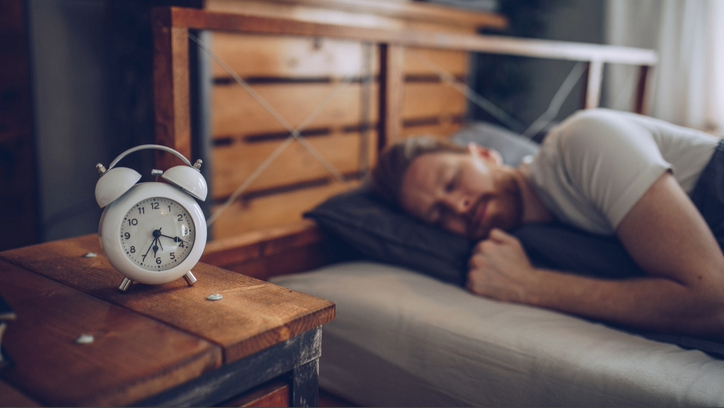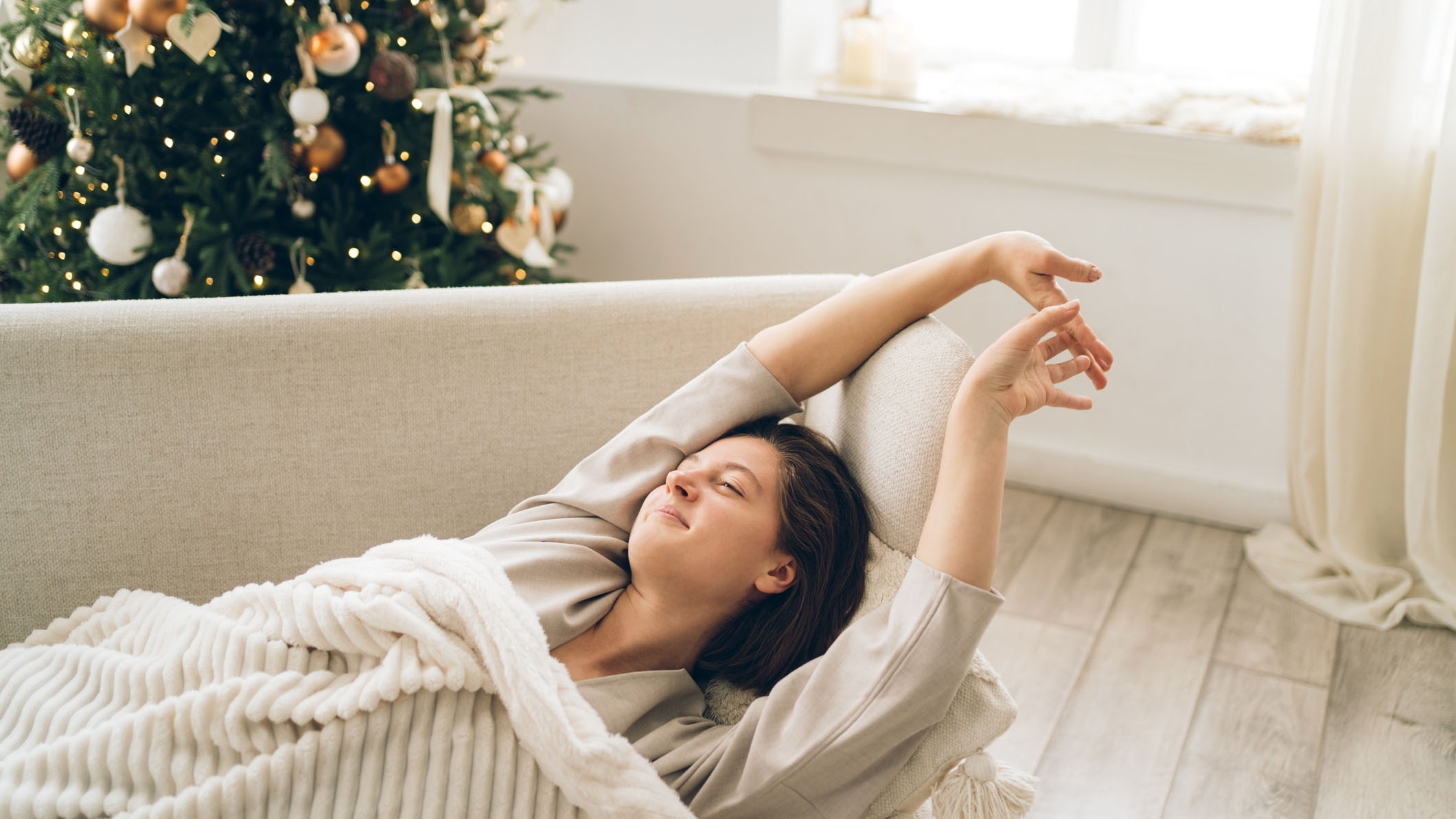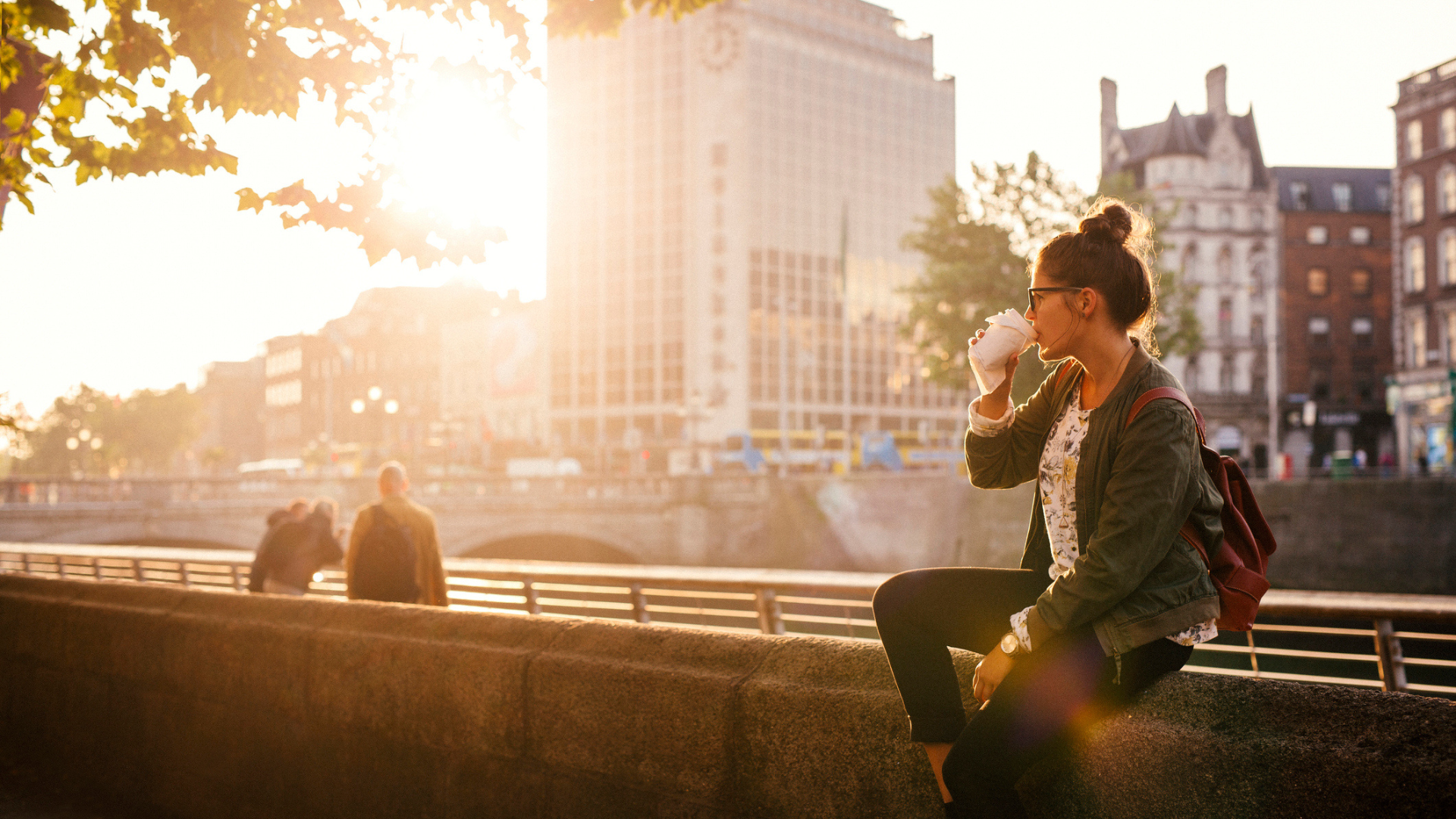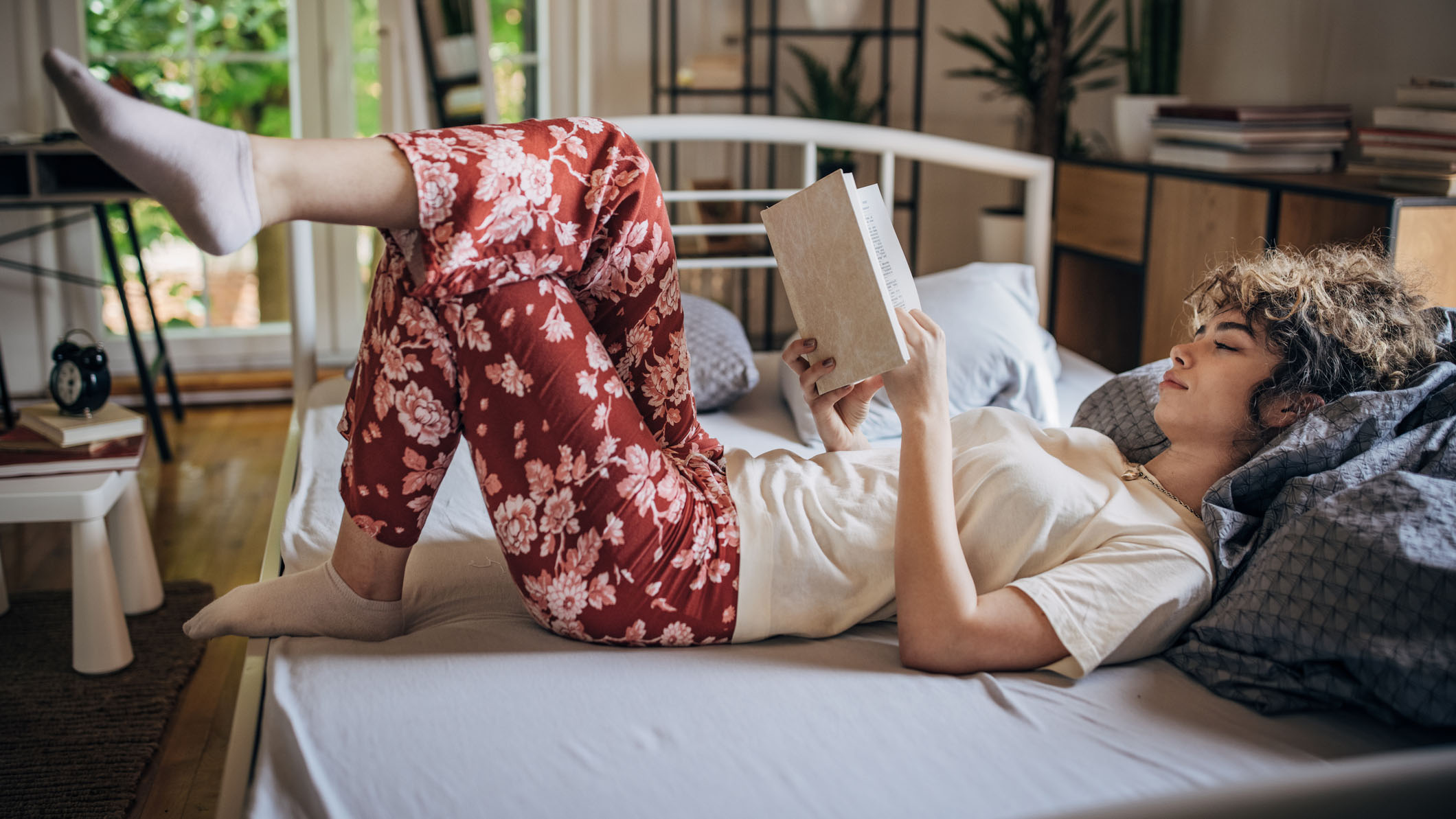Daylight Saving Time ends tomorrow — the 3 biggest sleep mistakes to avoid once the clocks fall back
Daylight Saving Time ends tomorrow, so here's what to do and what to avoid to sleep well once the clocks go back

The clocks are falling back tomorrow. At 2am, the time will shift back one hour, giving us an extra hour of sleep. When we wake, the mornings will be lighter, but the evenings will draw in, meaning it’ll get dark a lot earlier. However, this isn’t a bad thing. In fact, lighter mornings help regulate our circadian rhythm, boost our energy levels, and make it easier for us to fall asleep quickly and easily at night.
Yet despite these benefits, some of us will inevitably experience sleep disruption. Why? Because a shift in sleep schedule, even if it is just for one hour, can have a big impact on sleep quality, duration, and wellbeing in general.
Here we’re looking at the biggest sleep mistakes you need to avoid when the clocks go back to minimize any impact on your energy levels and schedule. We’ll also shed some light on how your sleep will be affected by the time change, as well as offering top tips on how to fix your sleep schedule once Daylight Saving Time ends.
3 sleep mistakes to avoid when the clocks fall back
1. Napping during the day
An extra hour in bed when the clocks turn back can feel incredibly indulgent, especially if you’re someone with a tight schedule. However, you may still feel the need to nap during the day on Sunday. Whether it’s your usual Sunday routine or you feel a little jet lagged from the time change, a nap can be tempting.

We strongly recommend avoiding the urge for a midday snooze. Getting some extra ZZZs in during the day may make it more difficult to fall asleep in the evening. The hour shifted back will already make our bedtime feel earlier than usual, meaning it might take longer to fall asleep. Getting even more sleep will mean you won't feel tired enough when the evening comes around.
2. Lying in later than usual
Similarly, sleeping later in the morning may make it difficult to fall asleep in the evening. It may be tempting, especially when you fancy a lazy sunday lie in, but keeping to your usual routine will help maintain your normal circadian rhythm.
By regulating this rhythm (when you feel naturally energized and sleepy throughout the day), you will help signal to your body that it’s time for bed when nighttime comes around. Lying in may throw your body's natural schedule off, making the time change feel more drastic than it is.
Get instant access to breaking news, the hottest reviews, great deals and helpful tips.
3. Scrolling on your phone in bed
Even if it’s part of your normal routine, staying up on your phone in bed can negatively affect the quality of your sleep and your ability to fall asleep. While there have been mixed results from studies about the effects of blue light and screens on sleep, it’s true that anything too stimulating before bed can affect your sleep.
We’d recommend switching out your phone or laptop for a book, instead. Listening to music and reading has been proven to help reduce stress and relax the brain, helping you switch off for bedtime.
How to sleep well after the clocks fall back
Some people won’t even notice the clocks change, but for others it may trigger existing insomnia. Here are our top tips for getting a good night’s sleep on Sunday after the clocks go back.
1. Get enough sunlight on Sunday

One of the benefits of the clocks going back that we mentioned earlier, is the availability of natural daylight in the morning. Not only can light boost your energy for the day, but it can help you sleep at night.
Try getting out for a walk early in the morning, or spending at least an hour outdoors throughout the day. When the night comes your body will naturally start producing melatonin – the sleepy hormone – and you’ll be able to drift off and get some good rest before the week ahead.
2. Stick to a consistent bedtime routine
Creating a bedtime routine that suits you and is sustainable will help your body recognize when it’s time to wind down. Dimming the lights, playing soothing music, and reading a book are all great ways to spend the 30 minutes before falling asleep.
Even if you don’t feel tired when you begin your nighttime routine, the association should start to make you feel sleepy, making it easier to fall into a deep sleep quicker.
3. Have a warm bath or shower before bed
Having a warm bath or shower before bed can be the perfect way to drift off into a peaceful and deep sleep. Aside from being relaxing, moving from a warm bathroom to a cooler bedroom can cause your core body temperature to drop.
This is a key signal to our bodies that it’s time to go to sleep. You can also add essential oils to your bath, like Lavendar, which has been proven to benefit our sleep.

4. Practice good sleep hygiene
Sleep hygiene refers the habits you form at bedtime. These can have both a positive and negative effect on our sleep. For example, poor sleep hygiene would include eating sugary snacks before bed, having a cluttered bedroom, and drinking caffeine in the afternoon.
Practice good sleep hygiene by making sure your bedroom is a calm and clean environment, only using your bedroom for sleep (as opposed to work), and eating three balanced meals during the day.
We also recommend buying a mattress that suits your body and sleep needs and you'll find all of our top recommendations in our guide to this year's best mattresses for all sleepers. A good pillow can also make an instant difference to your sleep quality so don't underestimate the impact a new one could have.
How to fix your sleep schedule if you go off track
If the clocks going back has thrown your usual schedule off, don’t panic. There are ways to fix your sleep schedule fast. The easiest way is to shift your bedtime and wake time by 20 minutes increments.
For example, if you want to wake up an hour earlier, you should start shifting your sleep schedule 3 days before the early morning you’re anticipating. Don’t forget to also set your alarm 20 minutes earlier each day, too. For example:
Night 1: Bedtime at 10.40pm
Night 2: Bedtime at 10.20pm
Night 3: Bedtime at 10pm

Lauren is an experienced writer and editor in the health and lifestyle industry and has led many campaigns and projects that deliver news, advice, and research on all things sleep. As the Sleep Features Editor for Tom’s Guide, Lauren writes, commissions and edits sleep and mattress content, from in-depth how-tos in sleep and mattress health to interviews with doctors and neuroscientists on the latest news in sleep. Lauren regularly tests new sleep tech and accessories to evaluate their effectiveness for getting good quality sleep and easing specific sleep struggles like nighttime anxiety. Alongside this, Lauren reports on the best mattress brands out there, like Helix, Saatva, and DreamCloud, helping readers find the right mattress for them and the best deals on them.
